How to excel in Picture Perception & Discussion Test (PPDT) SSB
In this particular blog, we are going to share some tips on how to excel in Picture Perception & Discussion Test (PPDT) in SSB. Basically, when you appear for the SSB, the tests that are conducted on the first day are the OIR test and the PPDT. The OIR test comprises of reasoning questions (verbal and non- verbal) which have been discussed in the previous blogs.
What is a PPDT?
- PPDT stands for Picture perception and discussion test.
- It is conducted as a part of Screening in the Services Selection Board.
- The PPDT is a decisive test which decides who will stay for the next 4 days in the SSB for further evaluation.
- The PPDT is divided into further parts that are, Picture Perception, writing story which you perceived, narration to the group and finally reaching to a common group consensus by discussion.
- Almost 80% of candidates are filtered in day 1 (screening) and have to go back home the very first day in their SSB.
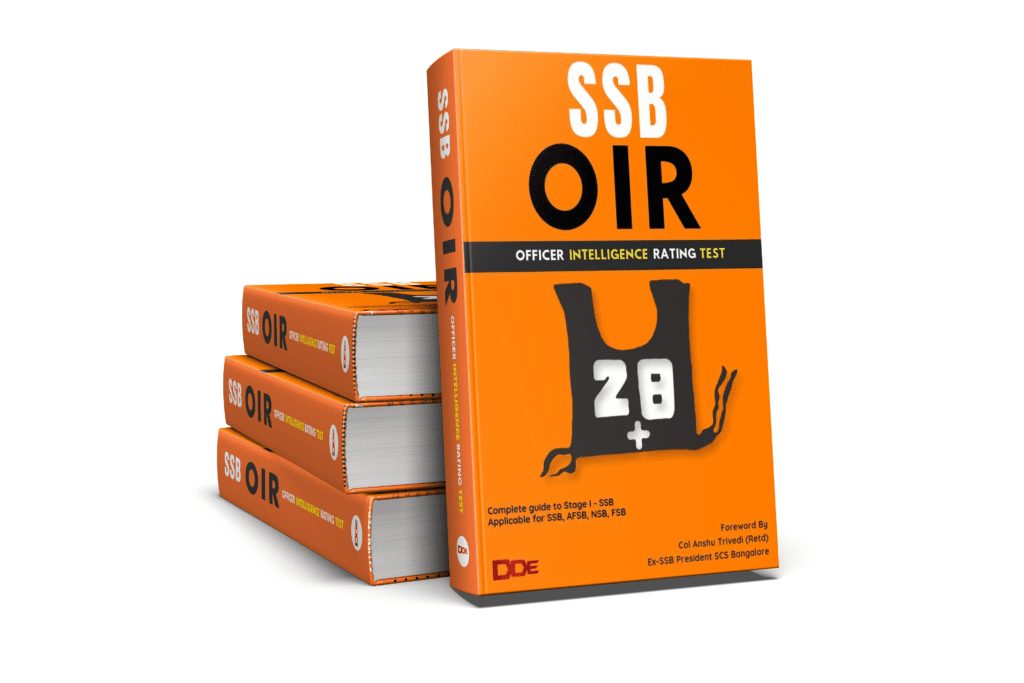
Rules for the PPDT:
- Firstly, the officer will brief you about the test in the presentation hall.
- You will be provided with a PPDT sheet in which you have to write the no of characters, the action of your story followed by the story you perceived.
- Afterward, you will be shown a blur or sometimes a clear picture on the screen for about 30 seconds.
- In these 30 seconds, you have to observe the picture carefully and recall all the details like number of characters, their age, gender, and mood.
- You will be given a time of about 1 minute to note down the details of the characters.
- All these details have to be marked inside the box printed on the sheet provided by the SSB.
- Write M/F/P for male, female and person (P, if gender is not clear) respectively.
- +/-/0 for positive, negative and neutral mood respectively, and their ages as perceived by you.
- Circle the main character or hero of the story.
- You will be given a time of 4 minutes to write your story.
- On the right side, write Action of the story, it could be in 4-5 words like a rescue operation, helping the poor etc.
- Afterward, write a story which should follow a pattern that is described below
What has happened in the picture (past)
The current action (present).
And likely outcomes of the action (future).
- Once the story writing is complete, you will be arranged in groups and sent for individual narration and Group discussion.
- There will be three evaluators in the discussion room.
- Based on your chest numbers all candidates will first narrate their story for about 45 sec to 1 min.
- The discussion will begin as soon as the last candidate finishes his narration.
- After the discussion result will be announced by an hour.
Tips for Story Writing:
- Observe the picture carefully as it flashes in the screen for 30 seconds.
- Observe all the characters along with their age, gender, and mood.
- Choose the main character which may be your alter ego and resemble some of your qualities.
- Encircle the hero of the story.
- After that write your action which should be simply based on what is going on in the picture.
- Next, we have to write a story, it should not be less than 80 words and hence should not be very detailed.
- As the time limit given is only 4 minutes try to keep the story short, simple and practical.
- Avoid using superficial characters like Aliens, superheroes
- The action of your characters should be within the human capabilities. For example, your hero cannot fight 10-12 terrorists or enemies alone.
- You can relate the story to any real-life incident as it would be easy for you to write and even help in the narration.
- Try to keep the story positive without any unwanted melancholy or destructions unless clearly visible in the picture
- Once you have practiced some stories during your practice, story writing would be easy for you.
Tips for Individual Narration:
- It is the part where you can show you the confidence to everyone.
- After the story writing, you are arranged in groups for narration and discussion.
- One by one all candidates have to narrate their stories to the group in presence of evaluators.
- Don’t worry you don’t have to mug your story line by line rather you have to give a brief summary of the story in about 45 seconds to 1 minute.
- You will start with the the characters you mentioned, further the action followed by the story.
- Be confident full of josh while you speak.
- The tone of the voice should be clearly audible to all.
- Avoid hmm or aaa (fillers) while you speak
- Maintain eye contact with your group without caring about the evaluators.
- Stay calm, even if you stuck in between do it confidently and try to finish the story.
- Confidence is basically the key in your narration.
- Also listen to everyone’s story carefully, they may have good points.
- You can excel in narration by practicing it in front of a mirror also recording the timing of narration.
- Practice will make you stand apart.
Tips for Group Discussion:
- Now, this round makes every candidate nervous
- Everyone would be there to show the evaluators their budding leadership qualities but honestly try to keep everything natural.
- Discuss the story as you discuss any matter with your friends in college, with your siblings at home.
- If you get a chance to initiate its good but if not try to fit in in the discussion whenever you get chance, don’t stay mute.
- When you agree with someone’s point then appreciate his point
- Don’t try to dominate the entire group as it shows you are selfish. Give others a chance to speak
- If you don’t agree with someone, don’t say “I disagree”, instead say“I partially agree” or “It would be better if”.
- Give two or three points it’s sufficient for the discussion.
- If you get a chance to narrate common group story, be bold and confident. Try to keep all the points discussed by the group in your common group story.
- The only way to practice discussion is with aspirants or your friend who is also appearing for the SSB.


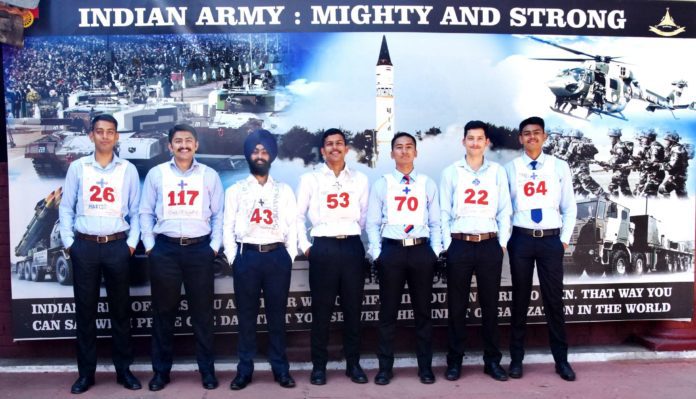
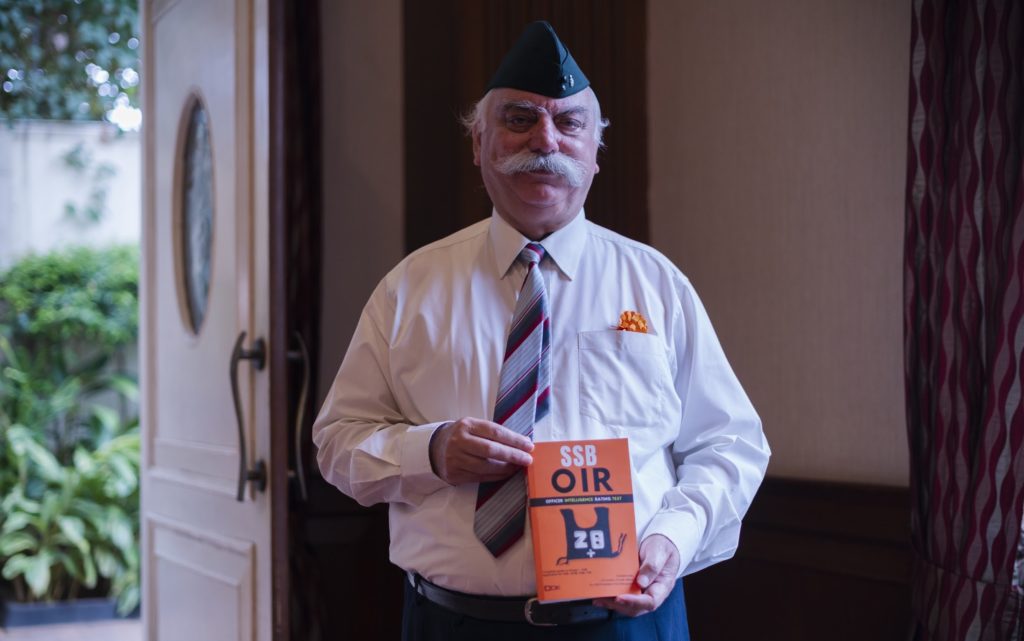
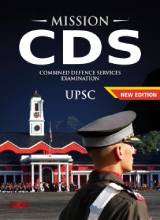
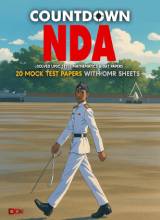
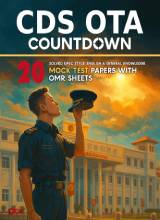
 Order Now on Amazon
Order Now on Amazon
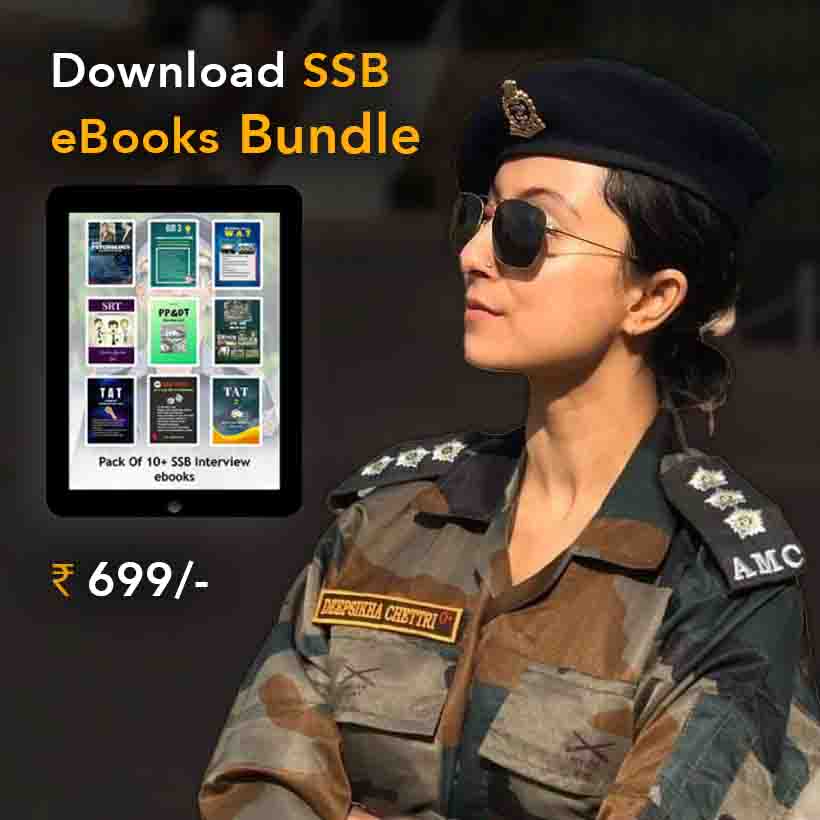
It is very important and helpful information..Thank you DDE…